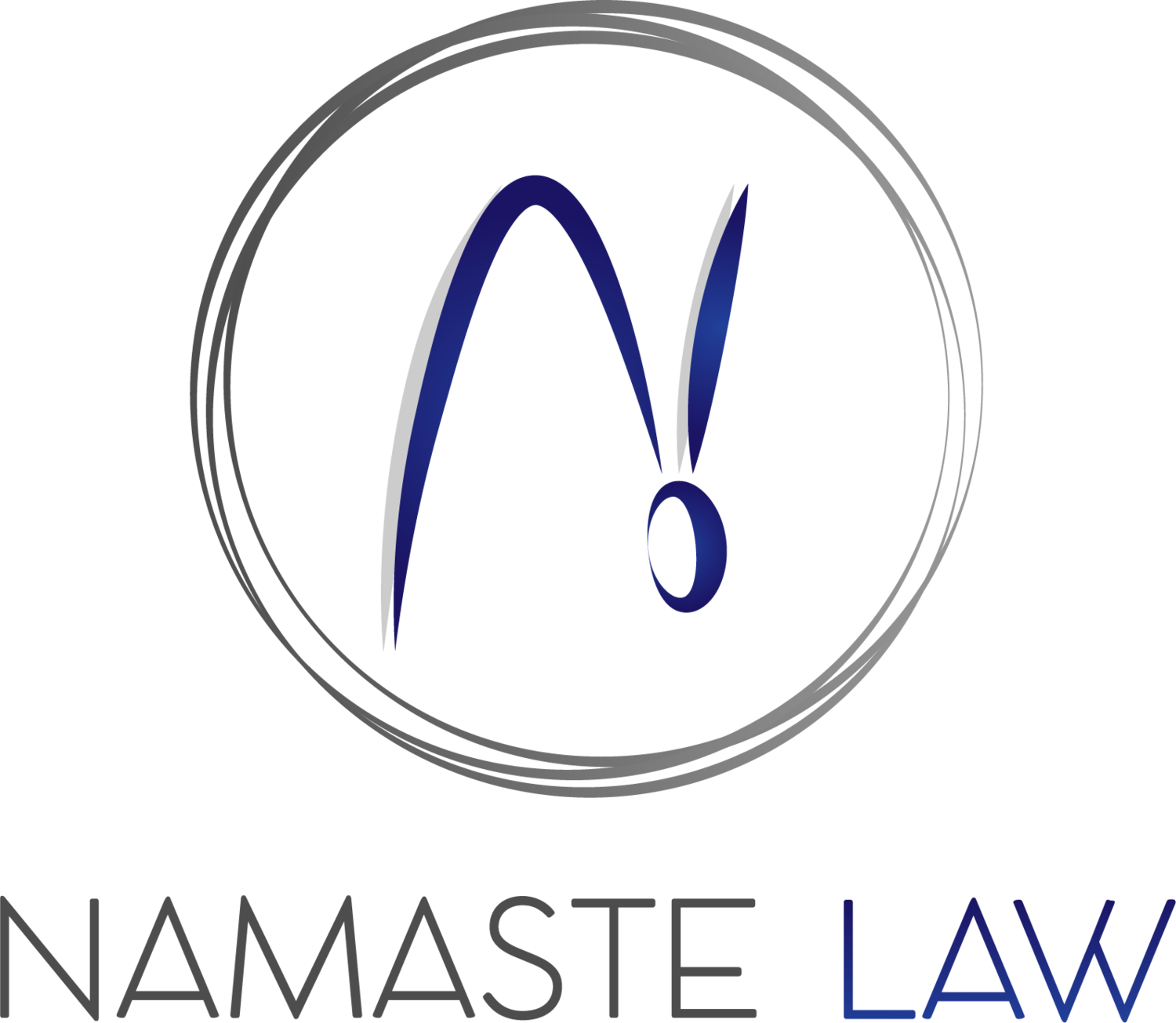A couple months ago, the name Greta Thunberg likely meant nothing to you. (Same, same.) Now, when you hear the name Greta, I imagine it is hard not to picture the (boss) Swedish teen environmentalist-activist who is making it her mission to fight for our climate. Greta is, without a doubt, a mover and a shaker. (Who run the world? Greta soon, most likely.)
Since this is law blog and not a news column, I will not delve into all that Greta has been up to in the last few months, including jazzing and lining up kids and teens across the globe on Friday to advocate for Mother Nature. However, I would be remiss if I did not say that we enviros are fired up.
You with me? If so, read on; the law “stuff” is coming.
Most of us have a fairly decent grasp on measures we can take to lessen our impact on the planet: reduce our meat intake, walk or ride a bike whenever we can, take shorter showers, eliminate our use of single-use plastics… The list goes on (and I am full of ideas on lowering your carbon footprint if your well has run dry). However, not all of us have a great grasp on measures we can take within our businesses to lessen our impact on the planet, or at least show up in our businesses and let the public know we care about more than just making a profit. This is where BENEFIT COMPANIES come into play.
Benefit “companies” are businesses that are for-profit and for-impact. The benefit company model embeds a social purpose within a business’s framework, thereby discrediting the notion that, in business, profit and social purpose are mutually exclusive. Benefit companies make decisions, of course, with profit in mind, but people and the planet are priorities too.
In the United States, each state treats benefit companies differently. In Oregon, for example, the legislature created an entity called the “benefit corporation.” In Washington, the legislature created an entity called a “social purpose corporation.” While the premise for both entities is the same (both profit and purpose matter), the legal structures differ somewhat.
Then there are “B corporations” or “B corps.” B corps are not legal entities; they are businesses with a special certification from a third-party company, B Lab. In order to become a B corp, businesses must meet rigorous standards set by B Lab that show a commitment to public transparency and legal accountability to balance profit and purpose. Patagonia is a B corp. Portland peeps, if you ever shop(ped) for groceries at New Seasons, then you may be interested to know, or already know, that New Seasons is a B corp. How about you gluten folx? Grand Central Bakery is a B corp. Stumptown Coffee Roasters too.
The last nugget of information I will share before signing off and causing you overwhelm: Both benefit corporations and social purpose corporations can receive B corp certifications. However, in forming a benefit corporation or social purpose corporation, a business does not automatically become a B corp (and vice versa); each setup requires intentional steps on a business’s behalf.
Namaste, CW.
This is the first of a two-part series on benefit companies. Next up: how to take intentional steps to become a benefit corporation (in OR) or a social purpose corporation (in WA). If you are already wanting more and cannot wait for the next post (I certainly don’t blame you), do send me a note at hello@namastelaw.com or call me at (503) 893-5335. Greta will agree that the planet cannot wait.
